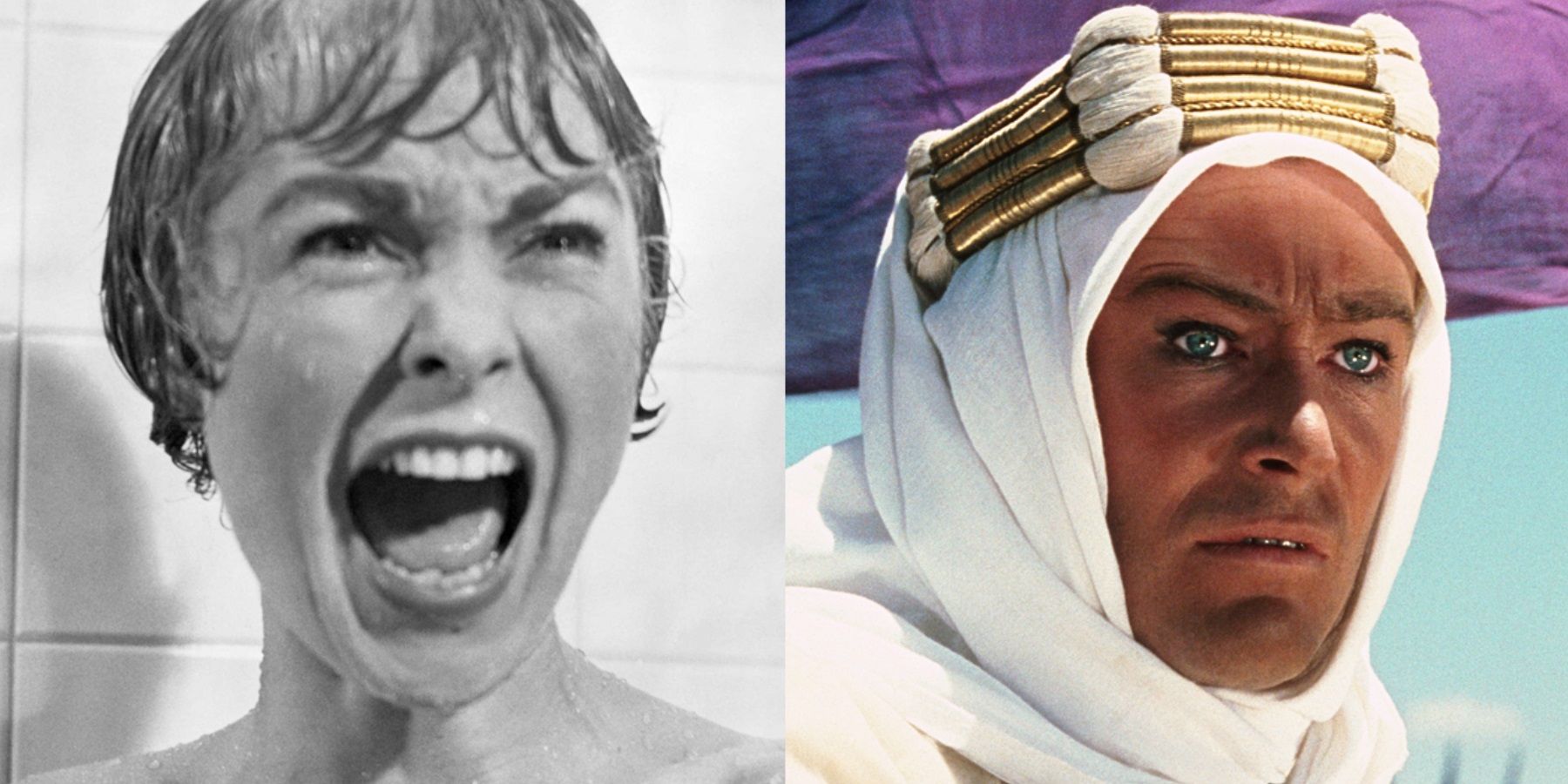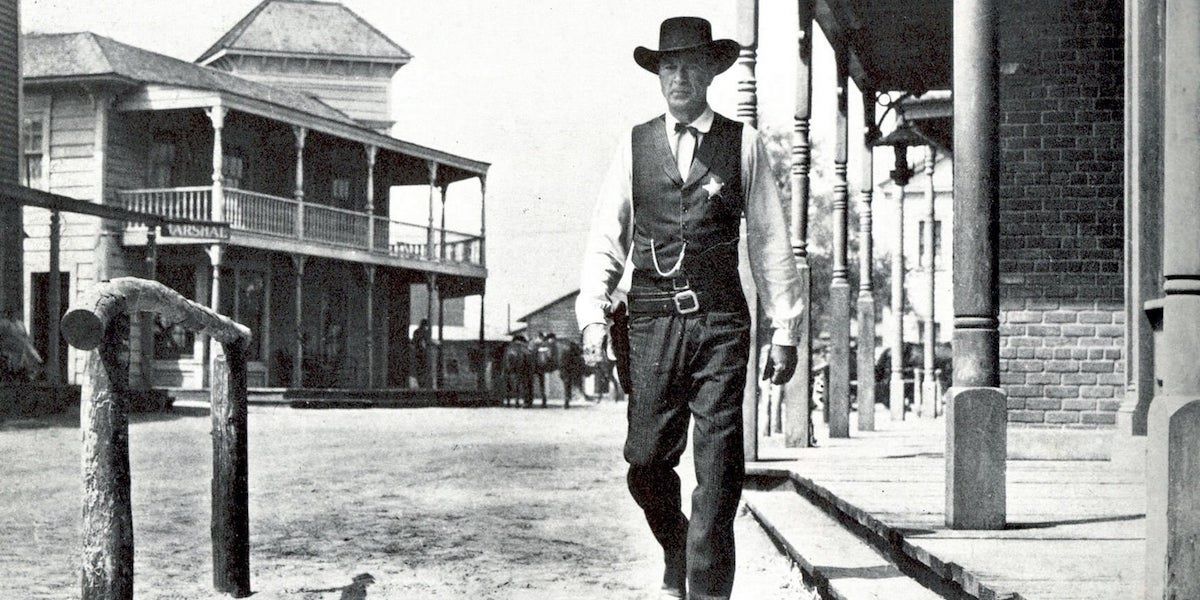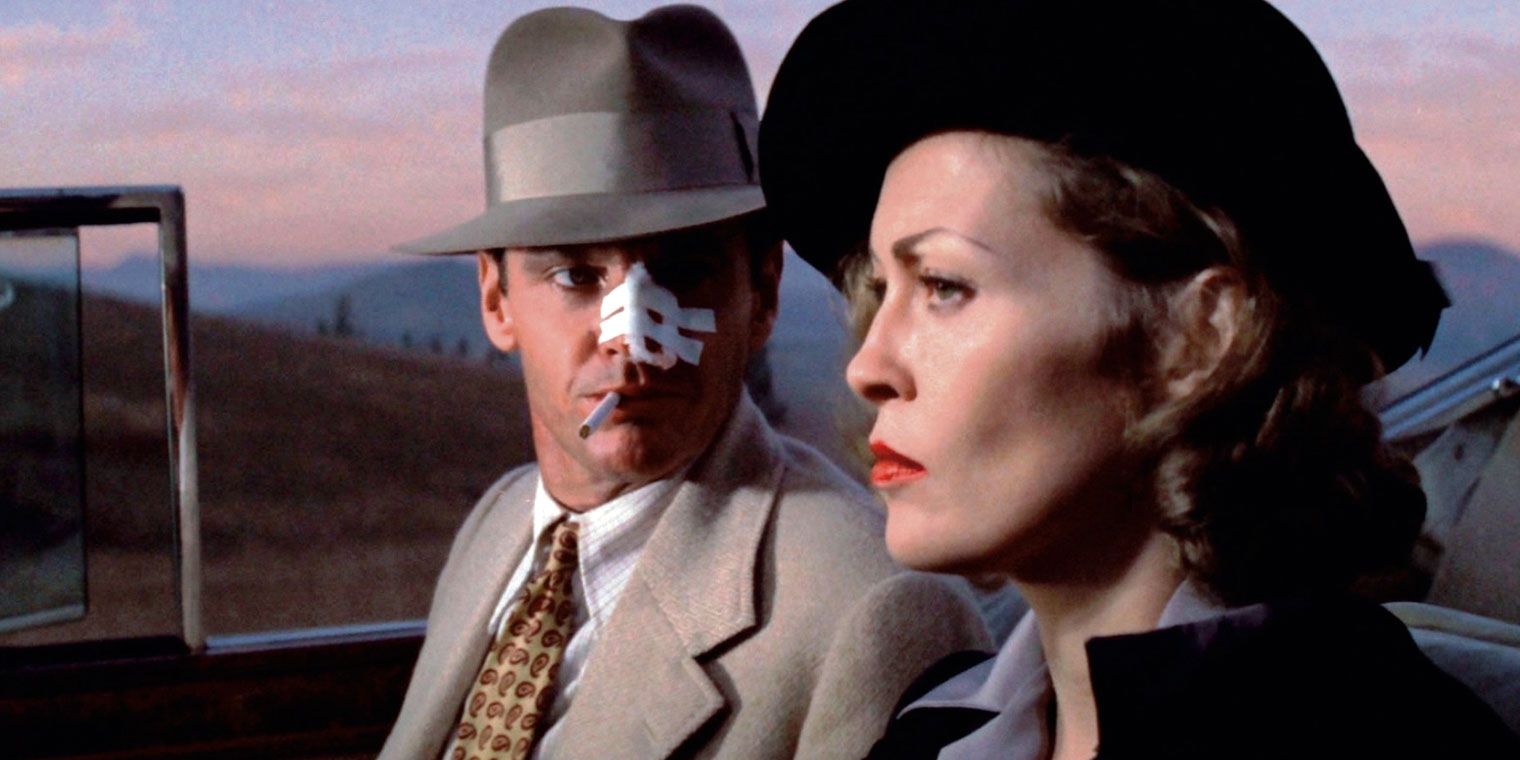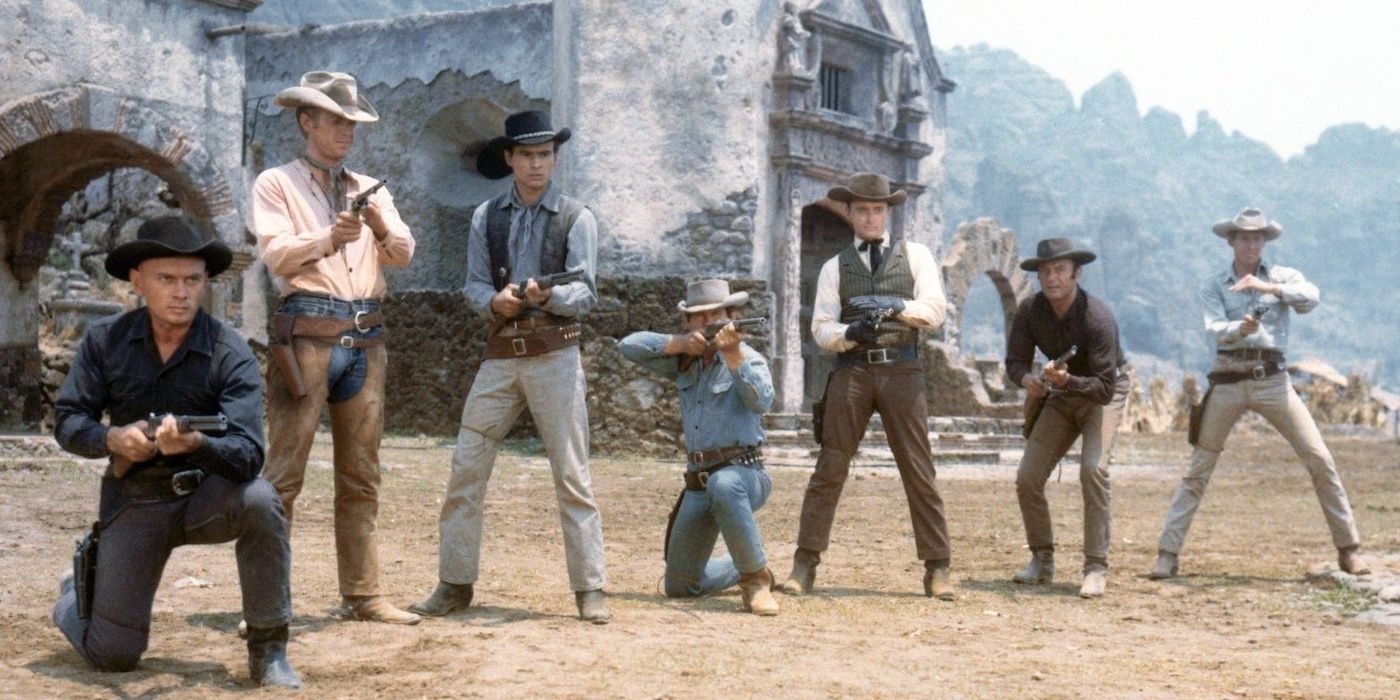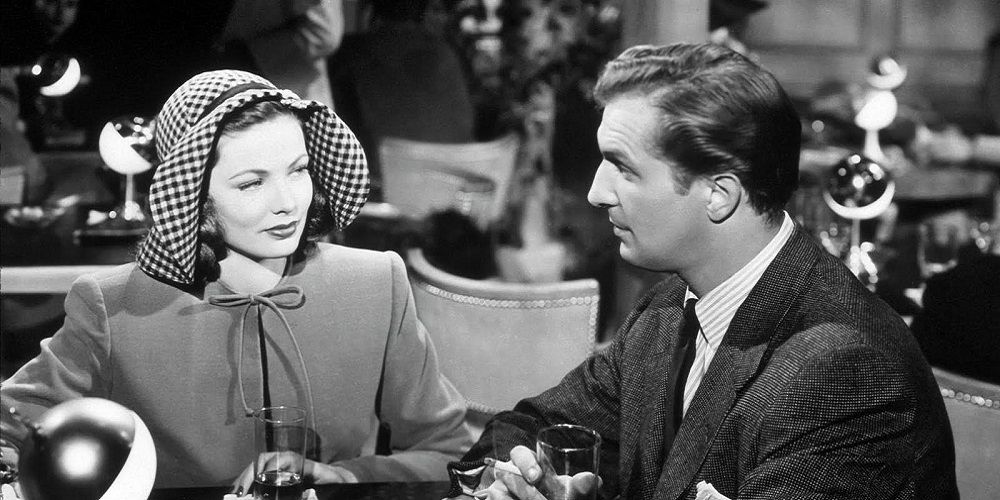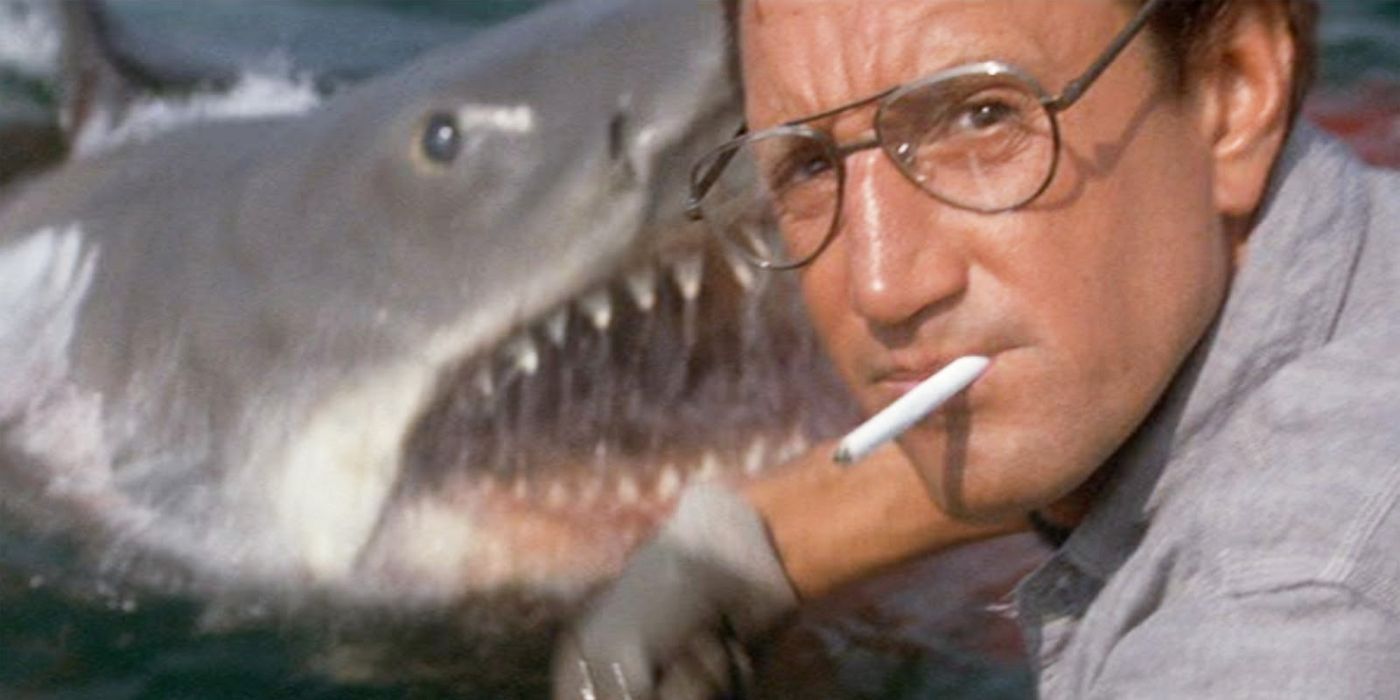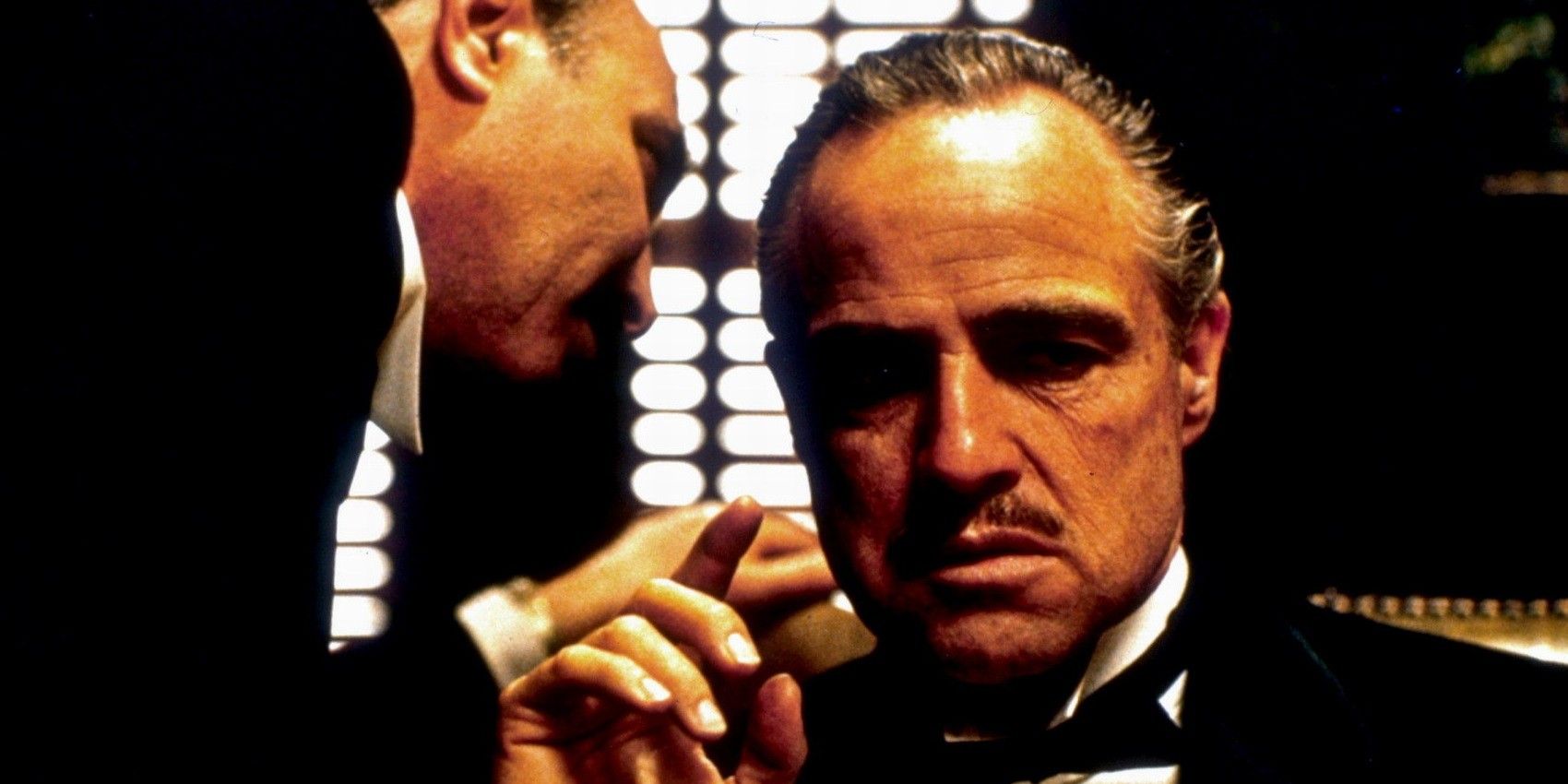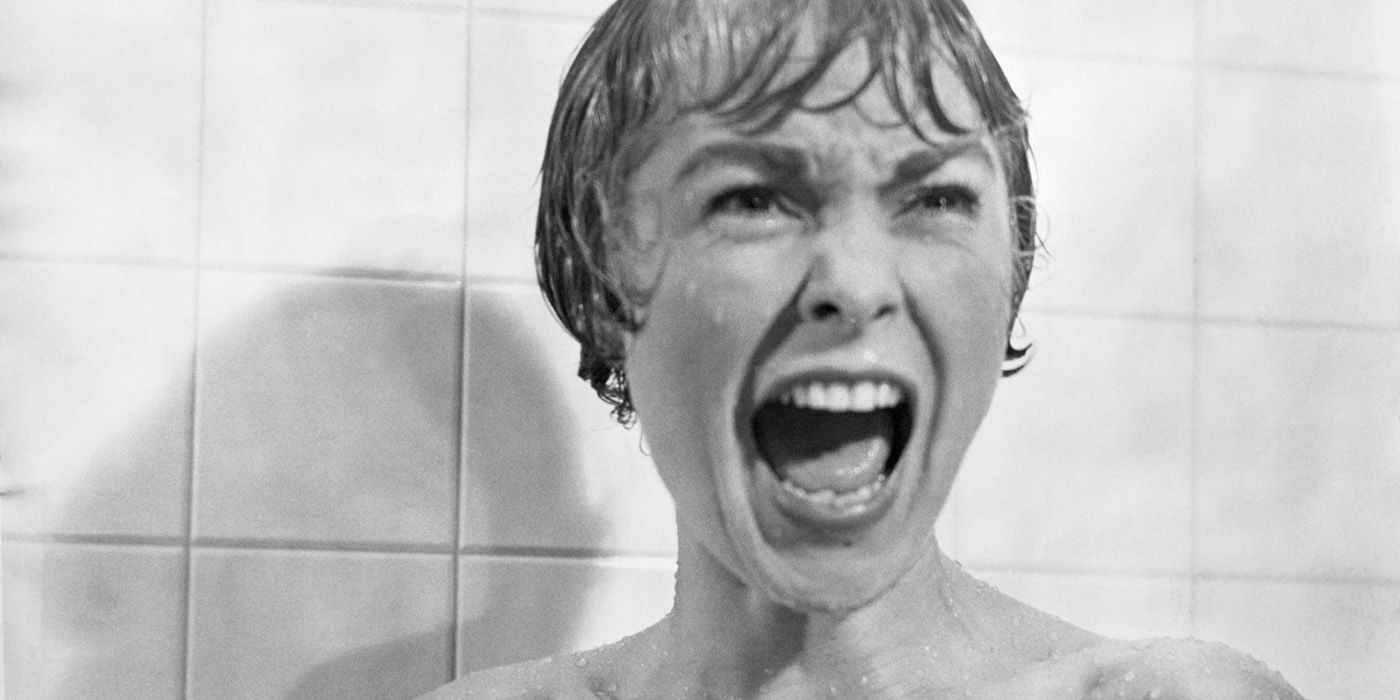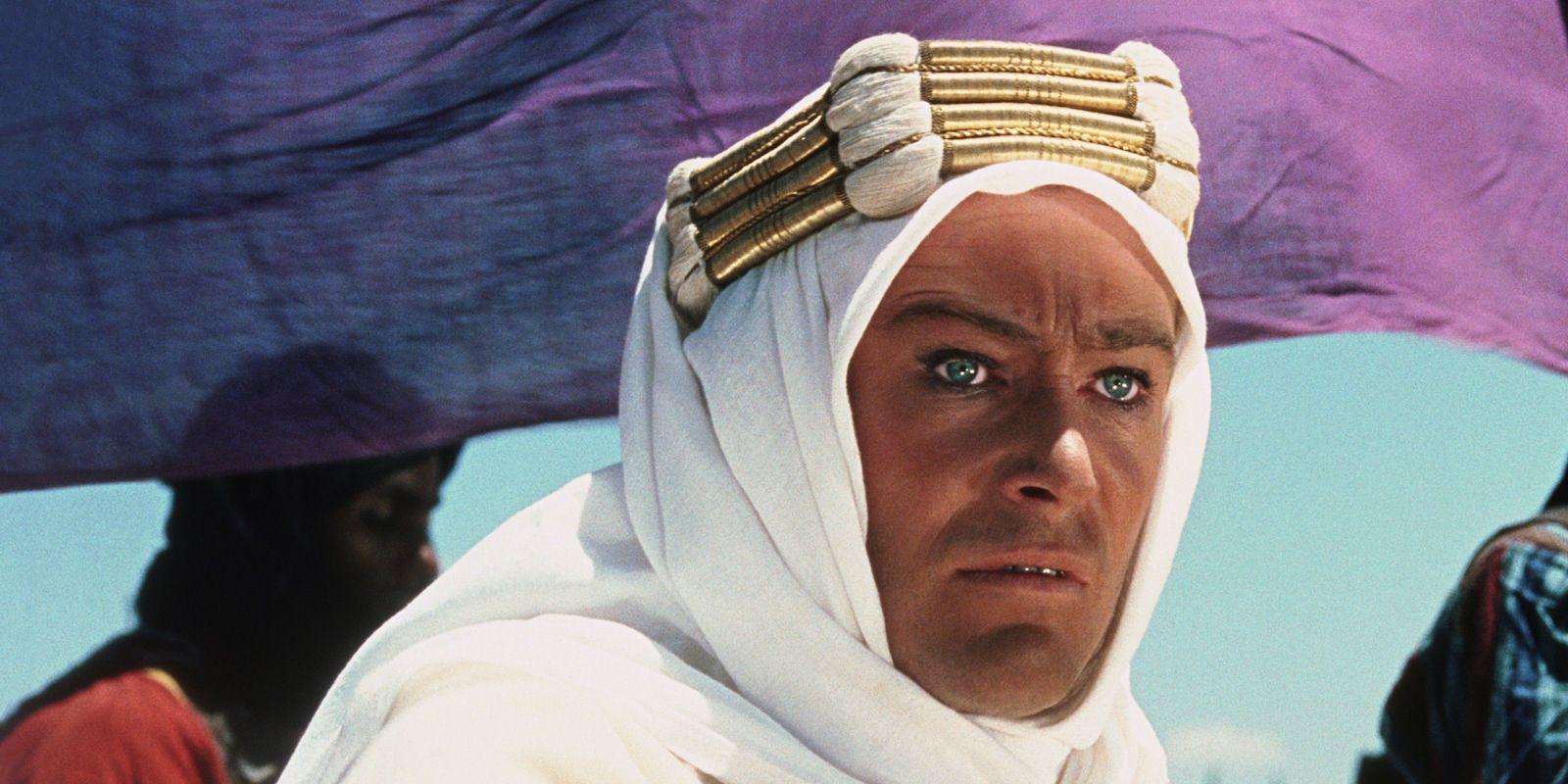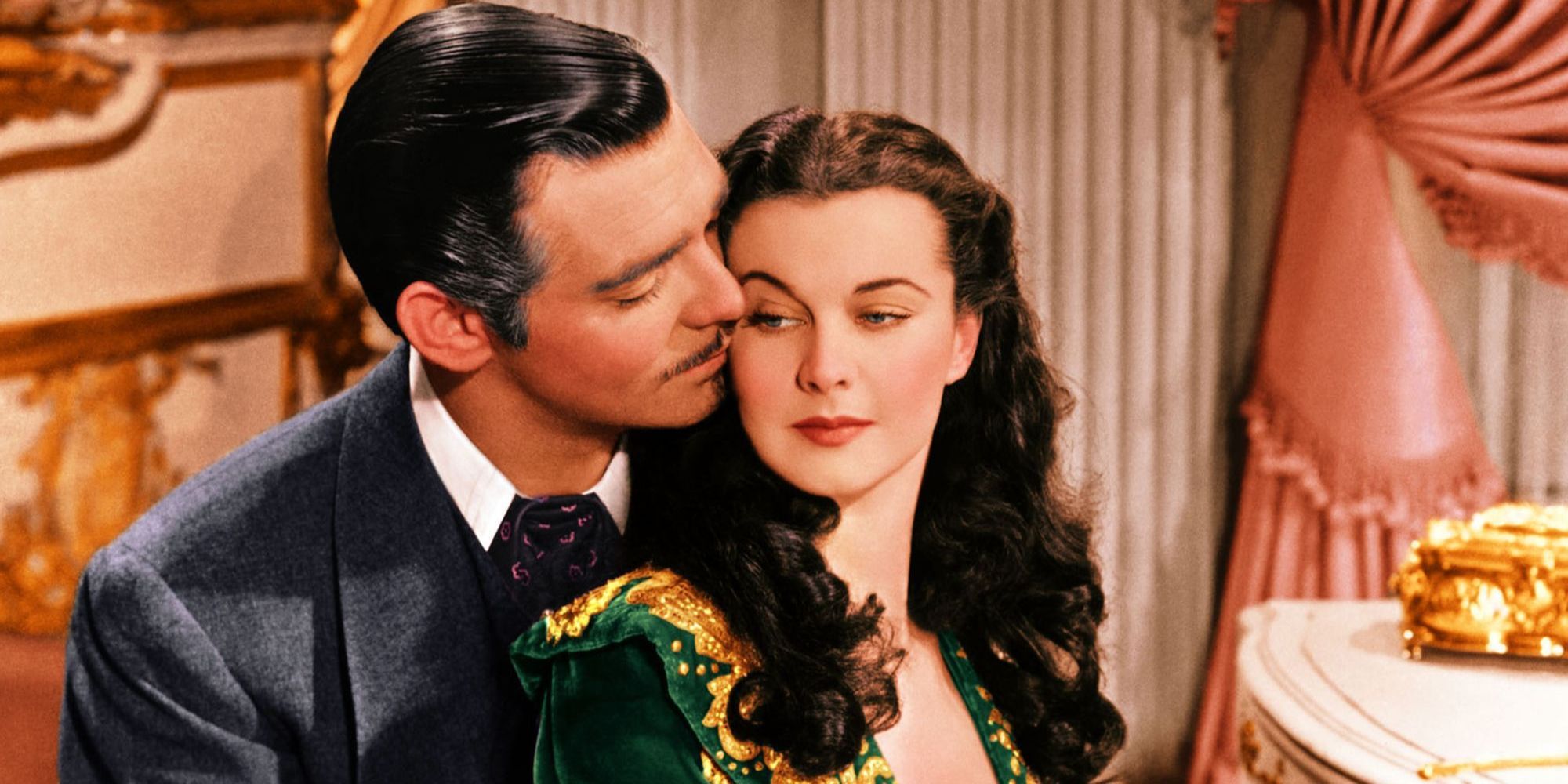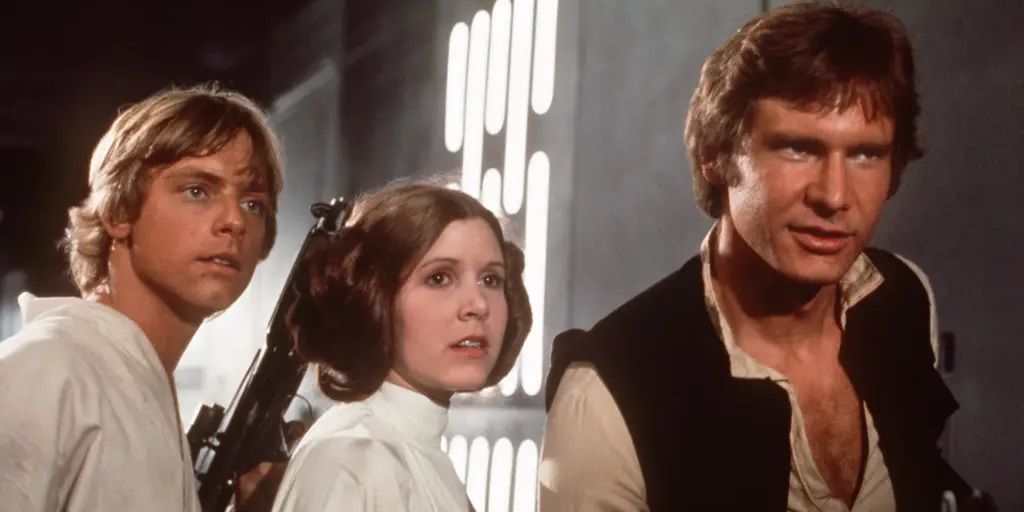The American Film Institute has lists for just about every aspect of cinema: the best comedies, the best thrillers, the best movie stars. The AFI’s 100 Years of Film Scores list compiles the 25 greatest film scores from American cinema.
Memorable film scores are marked by catchy themes, unique orchestrations, and the right pairing of a musical style with the tone of a movie. The AFI’s favorite music from American cinema includes the ominous score from Jaws, the sweeping score from Lawrence of Arabia, and the triumphant score from The Magnificent Seven.
High Noon (1952)
The popularity of Dimitri Tiomkin’s score for the classic western High Noon has endured for years. Tiomkin became a go-to composer for 1950s westerns like Gunfight at the O.K. Corral and Last Train From Gun Hill.
The title track, often referred to by its opening lyric “Do Not Forsake Me, Oh My Darling,” became a huge hit on the country and western charts. It’s rare that a film score transcends its cinematic trappings to become a bona fide pop hit.
Chinatown (1974)
Jerry Goldsmith is most famous for scoring sci-fi movies like Alien, Star Trek, and Planet of the Apes, but he brought the perfect sound to the seminal neo-noir Chinatown. His AFI-approved Chinatown score is a dark subversion of the usual noir music.
According to Empire, Goldsmith told renowned Hollywood trumpeter Uan Rasey – who performed his Chinatown compositions – “to play it sexy – but like it’s not good sex!” This direction sums up the goal of the neo-noir’s genre deconstruction perfectly.
The Magnificent Seven (1960)
Elmer Bernstein was nominated for an Academy Award for Best Original Score for his music in The Magnificent Seven, but he lost to Ernest Gold’s score for Exodus.
Bernstein gave the movie an instantly recognizable theme (a must for any memorable movie score) and filled the score with references to 20th-century symphonies.
Laura (1944)
David Raksin won over the AFI with his music for 1944’s Laura, a classic film noir helmed by Otto Preminger, which utilized the genre’s classical jazz stylings.
His haunting title theme has become one of the most frequently covered jazz songs of all time. It’s been covered by over 400 artists, including such legends as Nat King Cole, Charlie Parker, and Frank Sinatra.
Jaws (1975)
Steven Spielberg’s Jaws was initially dismissed as a B-movie, but its Hitchcockian tension and character-driven plotting made it a big enough hit to change Hollywood filmmaking forever.
John Williams’ unforgettably intense score for the movie made audiences petrified of an off-screen shark simply by repeating two ominous notes. The beauty of Williams’ Jaws theme is its simplicity. The increasing tempo tells the audience that a bloodthirsty monster is fast approaching without the need to show it on-screen.
The Godfather (1972)
Francis Ford Coppola’s crime epic The Godfather became the highest-grossing movie ever made in 1972. Nino Rota’s sumptuous music gave the movie an authentic Italian feel – especially the iconic instrumental theme “Speak Softly, Love.”
What made The Godfather such a hit was its blend of classiness and violence. Rota’s music captures the movie’s curious blend of darkness and sophistication.
Psycho (1960)
Bernard Herrmann’s music for the seminal 1960 thriller Psycho is a classic Hitchcockian score. His signature tense orchestrations sold the terror of Hitchcock’s storytelling. Before the shocking midpoint twist turns Psycho from a film noir into a slasher, Herrmann’s music is the only indication that the audience is watching a horror movie.
The minimalist strings of “The Murder” have terrified audiences for decades, while “The Patrol Car” has become synonymous with cinematic suspense.
Lawrence Of Arabia (1962)
According to his obituary published in The Economist, Maurice Jarre was given just six weeks to compose the score for Lawrence of Arabia. In that limited timeframe, Jarre ended up crafting some of the most iconic music ever featured in a movie.
Jarre’s sweeping Lawrence of Arabia compositions are synonymous with the epic film genre. Performed by the London Philharmonic Orchestra, his music pairs beautifully with the movie’s scope.
Gone With The Wind (1939)
The AFI’s second favorite film score is Max Steiner’s music from Gone with the Wind, one of the earliest Hollywood hits. Producer David O. Selznick had previously worked with Steiner on some RKO Pictures projects in the early 1930s.
Covering the epic scale of the movie, Steiner composed a whopping 99 pieces of music for Gone with the Wind (just shy of 100). The composer drew from quintessentially American musical genres like folk and classical patriotic songs. The best-known track from the score is “Tara’s Theme,” which is so recognizable that it’s often mistaken for the theme of the entire film.
Star Wars (1977)
John Williams is too iconic a film composer for the AFI to only recognize one of his scores on its “100 Years of Film Scores” list. The AFI’s top-rated movie score is Williams’ score for a different groundbreaking blockbuster, George Lucas’ 1977 masterpiece Star Wars.
Williams’ sweeping orchestrations were perfectly suited to the epic scope of the Star Wars saga, while his energetic melodies beautifully captured the pulpy, old-school tone of Lucas’ game-changing space opera.

